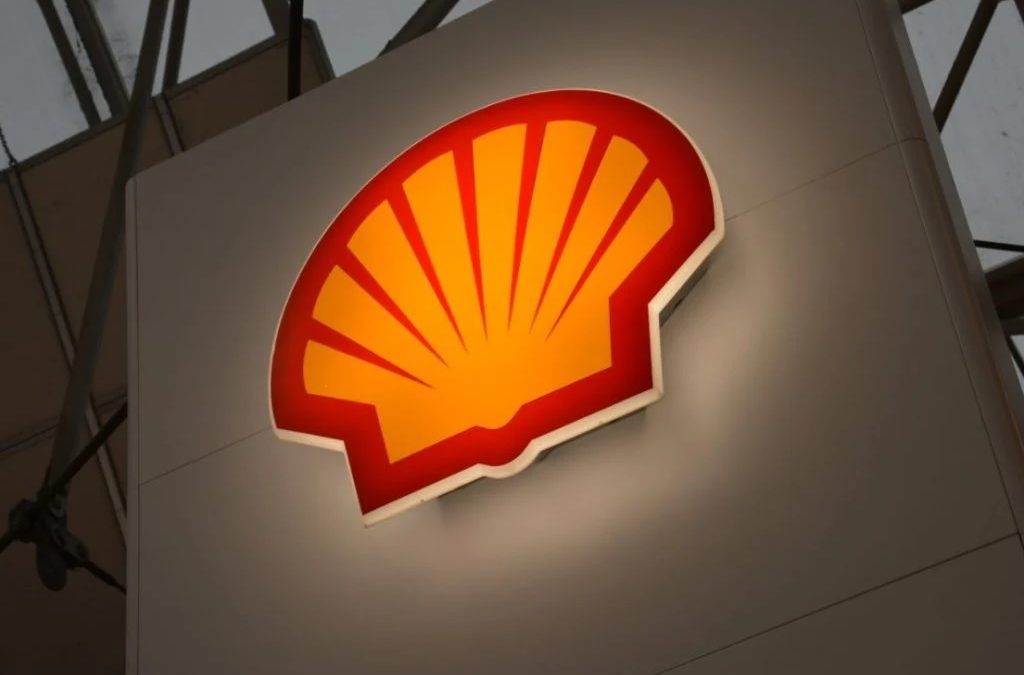UK-headquartered energy giant Shell has hired Australia’s engineering company Worley to support five assets in the U.S. Gulf of Mexico (GOM) on their low-carbon journey.
Currently, Shell operates eight offshore oil and gas facilities across the Gulf of Mexico deepwater basin and back in May 2022, Worley disclosed that it was awarded a three-year contract by Shell to provide engineering and procurement services for several of these assets.
At the time, the company explained that it will provide professional services in engineering, procurement, project services and support fabrication and construction for five assets operated by Shell, but did not reveal the names of these assets.
In an update on Monday, Worley informed that these five assets are Appomattox, Perdido, Stones, Auger, and Enchilada-Salsa. The firm confirmed that this contract also contemplates larger tendered scopes on Shell’s other deepwater assets.
Jim Lenton, Worley Senior Vice President, remarked: “We’ve worked with Shell for over 30 years. And our ongoing partnership is a real opportunity to create a positive impact on the offshore operations and the communities in the Gulf of Mexico at a time when making sustainable transformation a reality is more important than ever.”
In addition, the deal allows for further support of Shell’s Whale deepwater development – slated to begin production in 2024 – for which Worley is delivering the greenfield engineering and procurement services. The project, for which a final investment decision was disclosed in July 2021, is anticipated to produce a gross 100,000 barrels of oil equivalent a day at peak production and currently has estimated gross recoverable resources of 490 million boe.
Aside from featuring energy-efficient gas turbines and compression systems, the Whale development is expected to have a 99 per cent replicated hull and an 80 per cent replication of the topsides from the Vito project, which is expected to come online in 2022 and to this end, Sembcorp Marine delivered the Vito FPU to Shell on 27 December 2021.
Worley pointed out that the contract with Shell will enable it to support the energy giant’s transition to “a digitised and more efficient project delivery model” for continued maintenance and improvements of its offshore assets. According to the Australian player, this is in line with Shell’s work to further reduce the carbon intensity of its Gulf of Mexico production, which is “already among the lowest greenhouse gas intensive in the world.”
Furthermore, Worley elaborated that its work will enable improvements with respect to safety, productivity, sustainability, and operating costs, via more simplified and digitised ways of working. Additionally, this deal contemplates works of varying size and complexity, ranging from subsea tieback topsides modifications and large modular waterflood installations to asset-equipment upgrades and integrity modifications.
“This project is a great example of how we help our customers optimise the efficiency of their assets on the one hand, while supporting decarbonisation initiatives on the other,” added Lenton.
Worley underlined that the project will be delivered by its offices in Metairie and Houston supported by the engineering teams in India and other strategic locations with offshore skills.
“We’ll be working together with Shell to define the continuous improvement journey of asset operations, energy efficiency over time, and decarbonisation solutions. We will be fully utilising our Worley Sustainable Solutions processes as part of this contract execution,” concluded the Australian player.
Worley has been busy securing new deals lately. After landing a ten-year deal with Chevron in mid-June 2022 for the provision of multiple services to the U.S. giant’s portfolio of onshore and offshore assets scattered around the world, the Australian player was selected by Santos earlier this month for a carbon capture and storage (CCS) project at a gas and condensate field in the Timor Sea.
As a part of a consortium, Worley also secured the front-end engineering and design (FEED) contract a few days ago, along with Japan’s Mitsubishi Heavy Industries Group and Spain’s Tecnicas Reunidas for SSE Thermal and Equinor’s proposed combined cycle plant with carbon capture system located in Peterhead, Scotland.
This project aims to store captured CO2 in the North Sea wells.
Source: Offshore Energy






